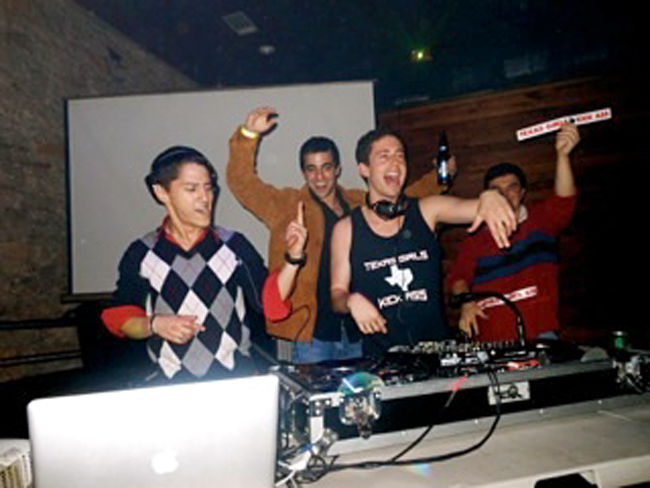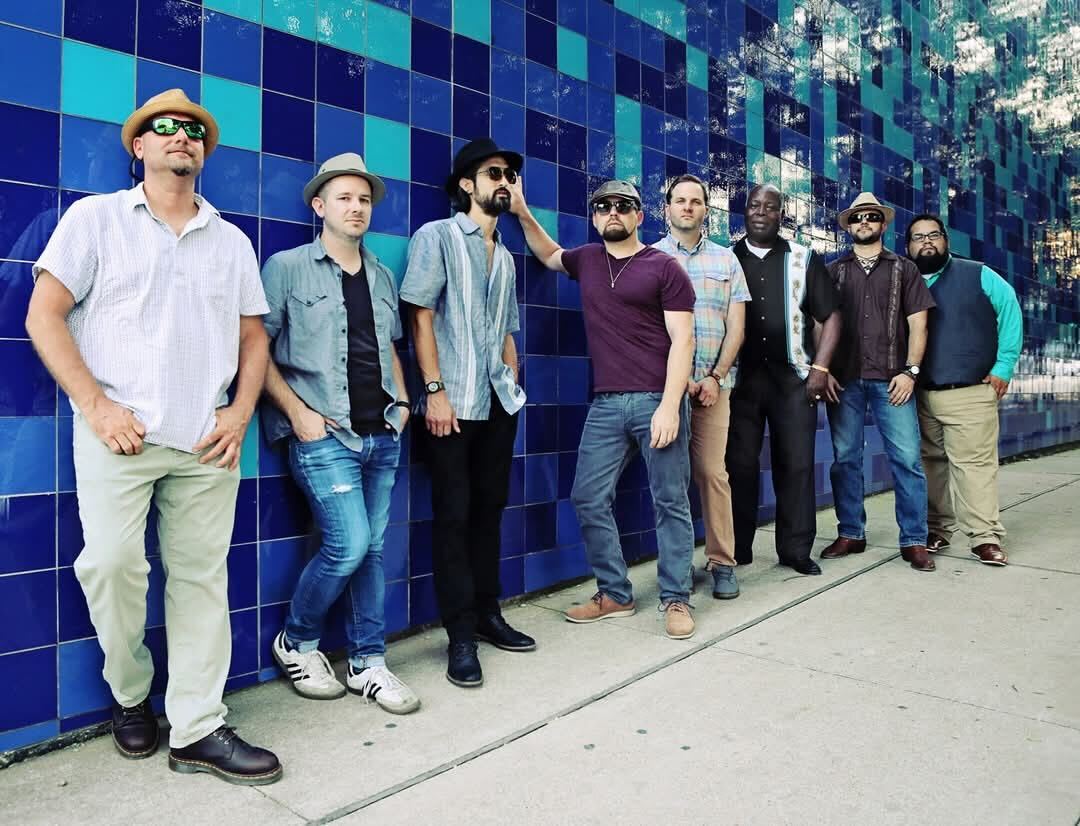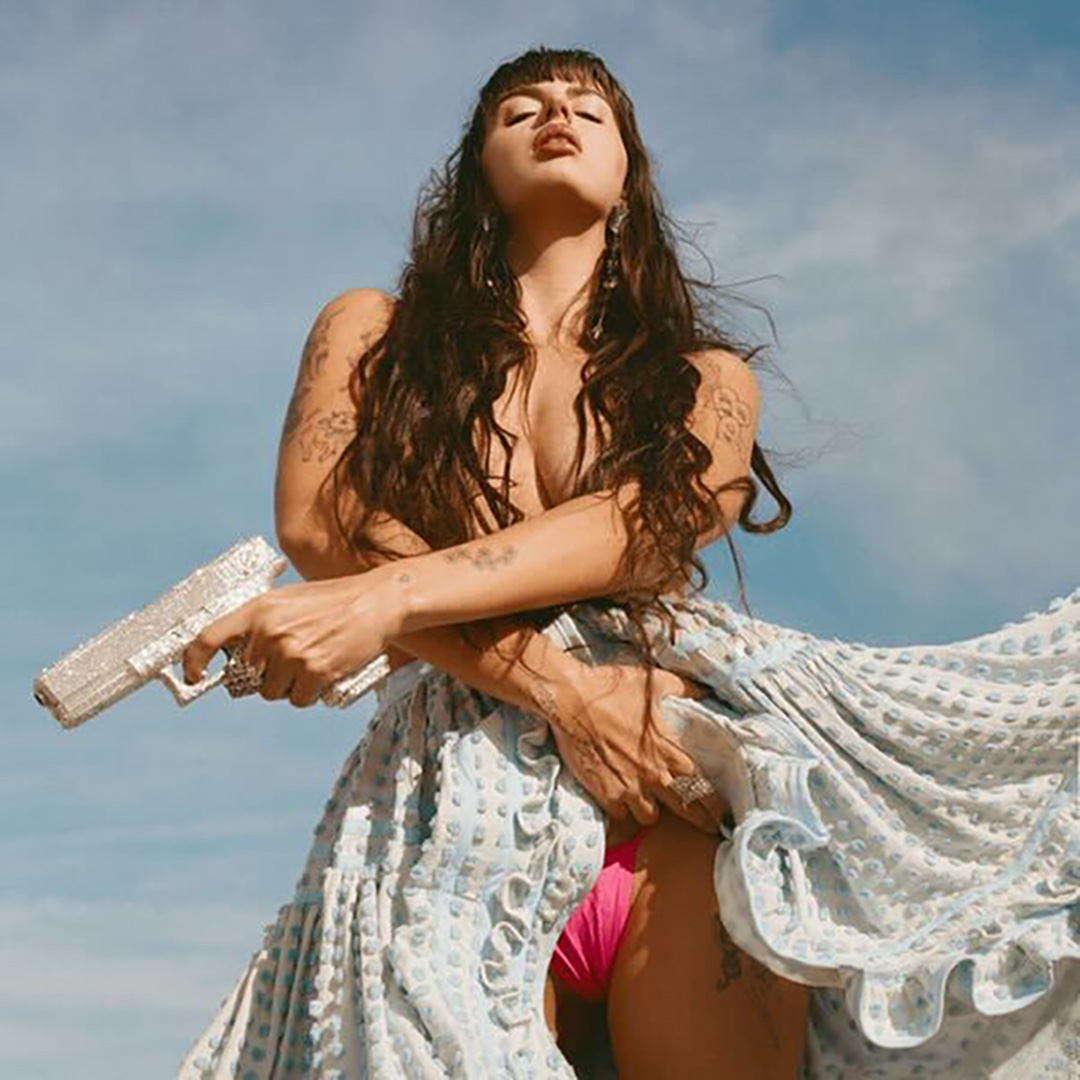Following the likes of David Guetta, Deadmau5 and Avicii, students around campus are becoming self-taught disc jockeys and music producers, gaining a fan base and landing paid gigs.
However, with the continued support for electronic dance music, landing gigs has become harder for students who don’t already have a following from their ability to produce original work.
“It’s easy to start DJing, but it’s hard to be a really good DJ,” Jacob Velcoff, radio-television-film junior and DJ of more than three years, said. “I know kids who produce good stuff and are really boring DJs, and I also know people who DJ really well and can’t produce for shit.”
Velcoff had been in bands prior to becoming a DJ but said he decided to pursue the hobby to differentiate himself as an artist. He believes electronic dance music has been gaining popularity, so much so that standards are raising for DJs even at West Campus parties.
“Now that DJs have become the newest version of a rock star, a lot of people want to see a DJ throw a party with a lot of songs they recognize instead of wanting to see some guy jamming with a guitar on stage,” Velcoff said.
Student DJs are playing at sorority and fraternity parties, campus events, local bars and clubs — and making money while also creating mash-ups, remixes and original songs.
“It’s a lot of slamming your head into a wall trying to find out what you’re not doing right and why it doesn’t sound exactly as it should in your head,”
Velcoff said. “When you play a great show that’s cool, but when you make something come out of your speakers that you heard in your head before you did it, that’s a lot more satisfying.”
Daniel Rosenwald, a computer science junior and a DJ since the age of 16, broke into DJing by landing gigs at bar mitzvahs but has since expanded to bars, clubs and charity performances, even recently opening for 3LAU.
“I think young DJs have an advantage, because we grew up more closely with the technology,” Rosenwald said. “It’s just as much about the music as it is the technology and how quickly you can learn to use it.”
He credits his success to his strong fanbase who believe in him and vouch for his work, helping him have the support he says he needs to continually receive paid offers.
“It’s my passion. I love doing it,” Rosenwald said. “You should do what you love, so if that means making it into a career, by all means, I’ll take it as far as it can go.”
American studies sophomore Sanjeev Subnani started out with the help of Virtual DJ back in high school and has performed for a few student organizations on campus. He said being a DJ is a constant struggle and requires hours of practice each week to keep up with new trends and the changing music.
“People are forgetting the name ‘disc jockey’ and what it means,” Subnani said. “Originally a disc jockey was someone who went on the radio to provide music and commentary. Now it’s grown to be a name where if you’re a DJ, you have to produce. I don’t think you have to, but it’s a lot easier to be unique when you make a unique beat than when you mix already-made music.”
Subnani plans to work with a local DJ he met at The Aquarium that has been performing Thursday nights for as long as he can remember.
Student DJs said there is quite a bit of weight in being able to know how their music will cater to their audience. The research necessary to find the music before they even begin to plan out their live sets is what separates the students of DJing from the DJ students.
“You have to focus less on thinking a song is cool and more on what’s the most effective way to capture their attention,” Velcoff said. “People are beginning to demand better DJs, so the more and more the scene expands, if you don’t know what you’re doing people just want you out.”
Printed on Wednesday, October 31, 2012 as: Longhorns develop spin on DJing





















